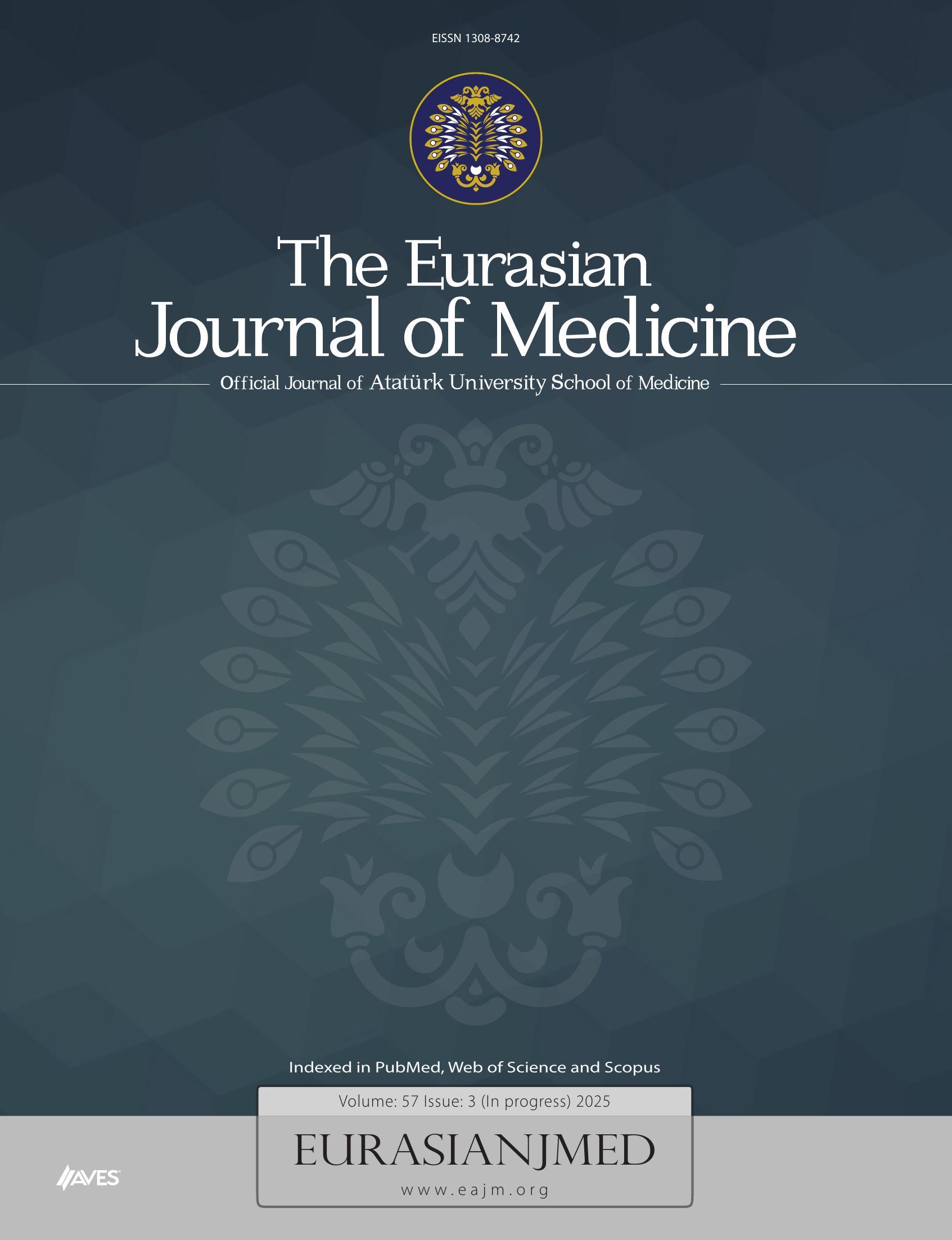Objective: Statins inhibit the 3-hydroxy-3-methyl-glutaryl-CoA (HMG-CoA) reductase enzyme and thus reduce plasma cholesterol levels. Although decreased cholesterol level is the main target of anti-lipidemic drugs, cholesterol has an important role in the synthesis of lipid-based hormones such as testosterone. In this study, the alterations in serum testosterone levels were examined in rats under atorvastatin therapy and their responses to vitamin D, infliximab, and leflunomide supplementation were evaluated.
Materials and Methods: Wistar rats were treated with atorvastatin (100 mg/kg) for 21 days to induce inhibition of the HMG-CoA reductase enzyme activity. Following statin therapy, rats received vitamin D (0.2 μg/kg/day) orally for 15 days, infliximab (7 mg/kg/day) intraperitoneally in two doses, or leflunomide (10 mg/kg/day) orally in two doses. Subsequently, the alterations in serum testosterone levels were measured by ELISA.
Results: Atorvastatin led to a decrease in the testosterone level compared to the vehicle group. Administration of vitamin D, infliximab, and leflunomide under HMG-CoA inhibition insignificantly increased the testosterone level compared to the atorvastatin control group. Furthermore, it appears that rats under statin administration respond better to treatment with leflunomide by achieving a greater induction in testosterone levels than with vitamin D or infliximab.
Conclusion: Our data provide evidence that administration of vitamin D, infliximab, and leflunomide in rats under atorvastatin treatment may ameliorate the serum testosterone levels.
Cite this article as: Altintas Aykan D, Seyithanoglu M. The Effects of Administration of Vitamin D, Infliximab, and Leflunomide on Testosterone Concentrations in Rats under Atorvastatin Therapy. Eurasian J Med 2019; 51(3): 224-7.

.png)


.png)
.png)